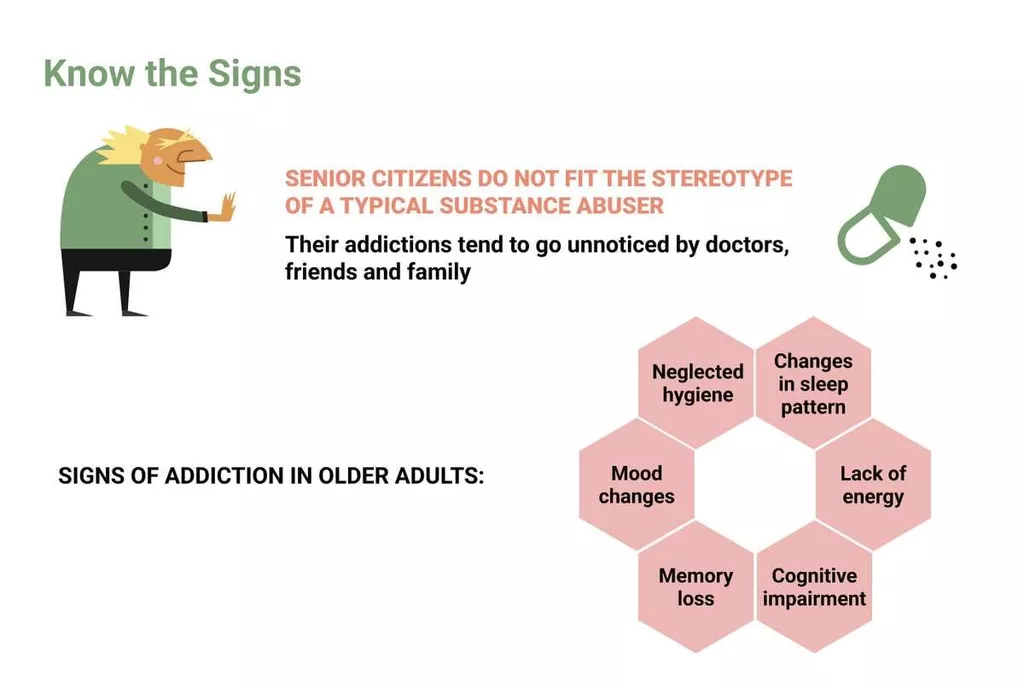Nature vs Nurture: Is Alcohol Use Disorder in Our Genes?

In regions where alcohol is either prohibitively expensive or challenging to procure, there’s a noticeable reduction in alcohol problems and misuse. Intriguingly, in the United States, factors like family wealth play a pivotal role in substance use disorders. These insights suggest that those with a genetic predisposition to alcoholism could benefit from early interventions and tailored treatments. “In fact, using this questionnaire in a population not ascertained for alcohol use disorders we have been able to achieve the largest sample size even obtained in the field of alcohol use disorders,” said Sanchez Roige. Awareness of the need for large sample sizes for GWAS has resulted in the formation of large scale collaborations for sharing data, such as the Psychiatric Genomics Consortium 82. However, one risk of this approach is to potentially increase phenotypic heterogeneity.
- One important aspect of a holistic approach is to provide support systems for individuals at risk.
- Children of parents with alcohol use disorder are four times more likely to develop the condition themselves.
- This correlation hints at the intricate dance between neuroscience, genetics, and our environment in shaping our relationship with substances like alcohol.
- Research indicates that between 50 and 60% of the risk of developing alcoholism is based on genetic factors.
- One direction for future research is to identify specific genes that contribute to the development of alcoholism.
- The class I ADH enzymes encoded by the ADH1A, ADH1B and ADH1C genes contribute about 70% of the total ethanol oxidizing capacity, and the class II enzyme encoded by ADH4 contributes about 30% 19.
- This may reflect boththe limited sample sizes and the clinical and genetic heterogeneity of thedisease.
Early Detection, Prediction, and Prevention of Alzheimer’s Disease
These modifications can be influenced by various factors, including lifestyle choices and environmental exposures. A hereditary condition is often used interchangeably with an inherited or genetic one, though it typically emphasizes the familial transmission of traits or conditions. Hereditary conditions are always inherited but may not account for non-familial genetic influences, meaning, you inherit a genetic factor that is not from your immediate family. Neuroscience offers a window into the brain’s workings, shedding light on why some individuals might be more prone to alcohol misuse. The genetics of alcohol use disorder isn’t just about the genes we inherit but also about how they interact with our brain’s structures and functions. It’s essential to note that while fraternal twins have distinct genetic profiles, identical twins share the exact genome.
Genes That Affect Alcohol Metabolism

In conclusion, a holistic approach is essential in addressing the genetic risk of alcoholism. In addition to genetic testing, it is crucial to consider environmental factors in the development of alcoholism. It Twelve-step program is important to create a supportive and nurturing environment that reduces the risk of developing an addiction. This could include implementing family therapy programs, providing access to mental health services, and promoting healthy coping strategies.
- Numerous studies have identified certain genes that may contribute to this increased risk, although the exact mechanisms are still not fully understood.
- Therefore, in this current project, we examined the genetic susceptibility to substance use disorder by investigating the association of ADH5 and ALDH1A1 gene variants with substance use disorder in Jordanians.
- This is why doctors will ask about genetics, so they can watch for or sooner identify conditions that might be caused by genes.
- Those with mental illnesses like depression, anxiety, or bipolar disorder are also at increased risk for alcohol use disorder.
- Other factors, such as friend groups and level of financial security, may be subject to change.
- Although alcoholism is often comorbid with other psychiatric disorders the heritability is largely disease specific 1.
STRATEGIES FOR IDENTIFYING GENETIC ASSOCIATIONS WITH ALCOHOLISM

The most robust finding for genetic influences on alcoholism remains with genes encoding ethanol metabolizing enzymes. These genetic variants have a high prevalence in East Asians and protect against the development of alcoholism. While the D2 dopamine receptor gene did not have the effect expected on alcoholism, the study contributed to moving forward genetic research. “We know now that it was only a first step of a very long road of complex genetics,” said Renato Polimanti, a colleague of Gelernter at the Yale School of Medicine.
Further research is needed to fully understand the genetic mechanisms underlying the disease and to develop safe and effective gene therapy approaches. Environmental factors, such as the availability and social acceptability of alcohol, peer pressure, and stressful life events, can also contribute to the development of alcohol addiction. There is no one genetic test to look for whether someone is predisposed to AUD because there are hundreds of gene variations that could influence alcohol abuse. While there are no specific tests that detect the genetic prevalence of AUD ahead of time, there are several tests, such as the Alcohol Use Disorders Identification Test (AUDIT), to help determine whether you have it currently. The home environment, particularly during formative years, can significantly influence one’s relationship with alcohol. Children deprived of consistent parental guidance or those subjected to abusive households are at an increased risk of turning to alcohol, potentially leading to substance abuse later in life.

Genetic counselors are trained healthcare professionals who specialize in assessing an individual’s risk for inherited diseases and providing personalized guidance and support. They can help individuals understand their genetic makeup and the potential impact it may have on their risk of developing alcoholism. Studies have shown that individuals with a family history of alcoholism are at a higher risk of developing the disorder themselves. In conclusion, genomic medicine has provided valuable insights into the genetic basis of alcohol use disorders. Identifying genetic markers and understanding their impact on an individual’s susceptibility to alcoholism can inform personalized treatment approaches. By integrating genomic information into clinical practice, healthcare providers can optimize treatment outcomes and improve the lives of individuals affected by alcoholism.

Direct Sequencing of Rare Variants

This interplay underscores how hereditary and genetic components are closely linked but not always a dictator of AUD. There are several other genes that have been shown to contribute to the riskof alcohol dependence as well as key endophenotypes. In most cases, studiesrecruited families having multiple members with alcohol dependence; such familiesare likely to segregate variants that affect the risk of alcohol dependence. Themost common initial approach was linkage is alcoholism genetic analysis, in which markers throughout thegenome were measured to identify chromosomal regions that appeared to segregate withdisease across many families. The drawback to this approach isthat linkage studies find broad regions of the genome, often containing manyhundreds of genes.
